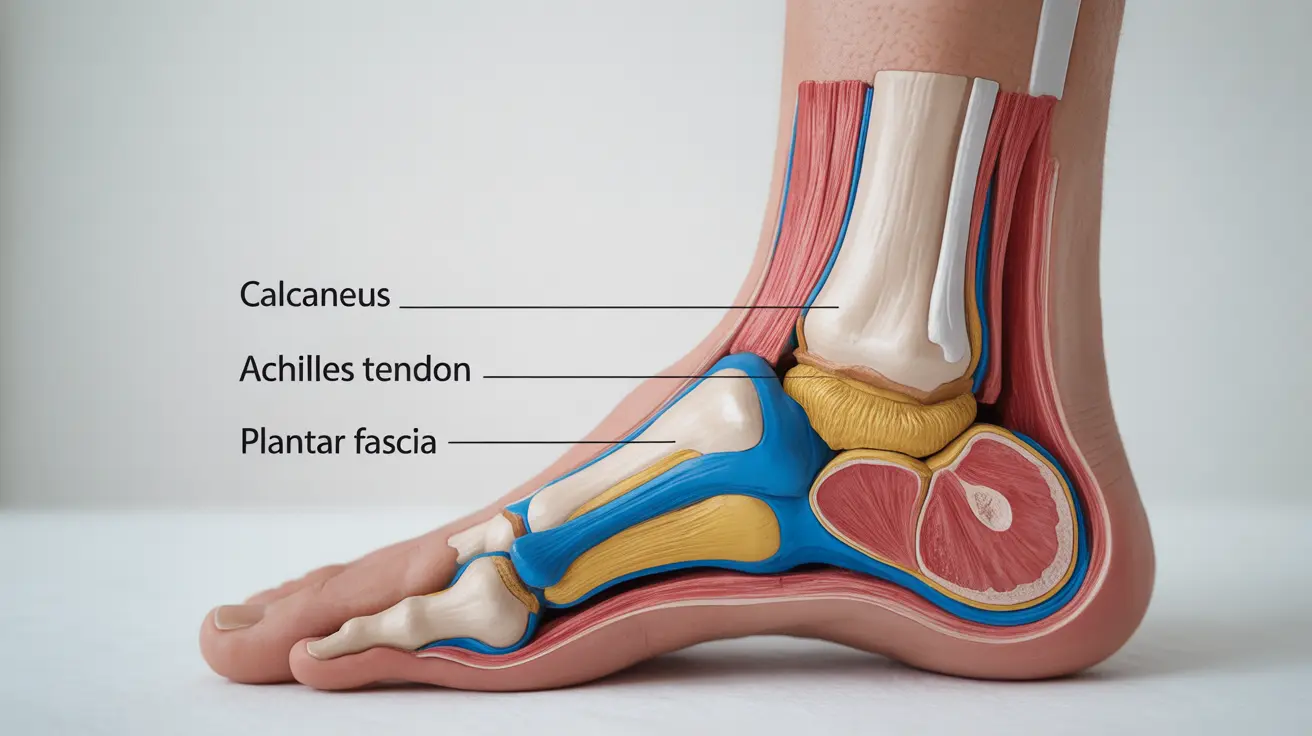GetLabTest News
Symptom Analysis
Interpreting Test Results
Diseases & Symptoms
Health Queries Answered
All
Latest
How to Be a Better Person and Be Happy: A Complete Guide to Personal Growth
Explore essential strategies on how to be a better person and be happy through mindfulness, empathy, and personal growth techniques.

Explore heel anatomy, focusing on the calcaneus, Achilles tendon, and their roles in foot stability and shock absorption. Essential details included.
Diseases & Symptoms
min read

Discover how a heating pad for cramps can provide effective, natural relief from menstrual pain without side effects.
Health Queries Answered
min read

Learn how to safely respond when your baby's temp reaches 103°F. Essential steps for parents to ensure their child's well-being.
Health Queries Answered
min read

Discover what to drink to kill stomach bug symptoms and maintain hydration for recovery. Effective fluid options explained.
Health Queries Answered
min read
